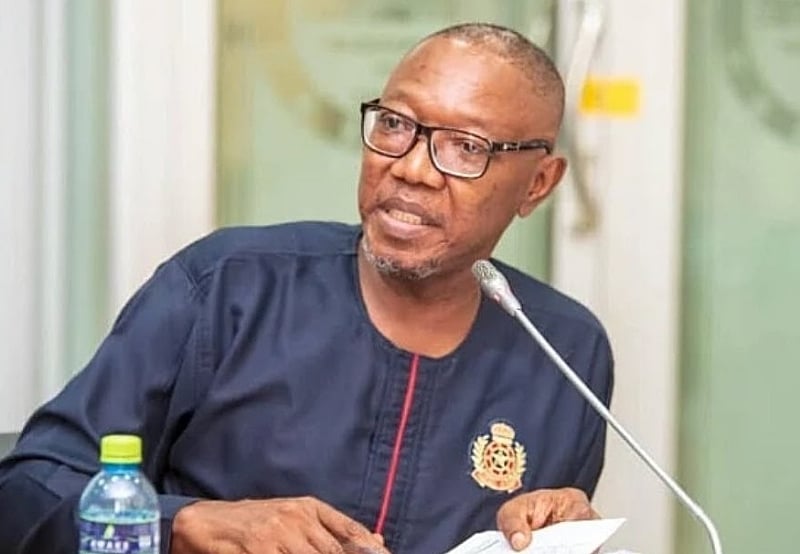The Ghanaian government, represented by Deputy Minister for Education, Dr. Clement Apaak, has reaffirmed its unwavering commitment to bolstering the nation’s educational sector by fulfilling the promises made regarding financial support for tertiary students. This commitment takes a two-pronged approach, encompassing the payment of first-year academic fees for all students and the full coverage of fees for students with disabilities. This initiative underscores the government’s recognition of education as a fundamental pillar of national development and its dedication to ensuring accessibility and inclusivity within the tertiary education landscape. By easing the financial burden on students and their families, the government aims to foster an environment conducive to academic success and create a more equitable educational system for all Ghanaians.
Dr. Apaak emphasized that the necessary financial provisions have been made to operationalize this commitment. He explained that even before the presentation of the national budget, the John Dramani Mahama-led National Democratic Congress (NDC) government had already initiated the process of securing funding for this critical initiative. This proactive approach demonstrates the government’s prioritization of education and its resolve to ensure that the promised financial support materializes promptly. Ongoing engagements with relevant agencies and institutions are underway to streamline disbursement procedures and ensure that the funds reach the intended beneficiaries efficiently and transparently. This collaborative approach reflects the government’s commitment to good governance and its dedication to utilizing public resources responsibly.
According to Dr. Apaak, initial projections indicate an estimated expenditure of not less than GHS 340 million on this undertaking. This substantial allocation highlights the magnitude of the government’s investment in tertiary education and signals its recognition of the transformative potential of education in driving national progress. While the final expenditure may vary depending on actual enrollment figures, the earmarked amount serves as a baseline, demonstrating the government’s preparedness to provide significant financial support to students. This commitment represents a substantial step toward alleviating the financial constraints that often hinder access to tertiary education, particularly for students from disadvantaged backgrounds.
The government’s commitment to funding tertiary education transcends mere rhetoric; it is backed by concrete action and budgetary allocation. Dr. Apaak unequivocally stated that the allocation has been made and expressed confidence in the availability of resources to fulfill the commitment. This assurance instills confidence in students and their families, allowing them to pursue their educational aspirations without the looming fear of financial constraints. The government’s proactive approach, coupled with its transparent communication about the funding allocation, demonstrates its commitment to accountability and its dedication to fulfilling its promises to the people of Ghana.
The government’s investment in tertiary education goes beyond simply funding academic fees; it represents an investment in the future of Ghana. By ensuring access to higher education for a wider range of students, the government is fostering the development of a skilled and educated workforce, capable of driving economic growth and innovation. Moreover, this initiative promotes social mobility by empowering individuals from all backgrounds to reach their full potential, regardless of their financial circumstances. This investment in human capital is essential for building a prosperous and equitable Ghana for all.
In conclusion, the government’s commitment to supporting tertiary students through the payment of first-year academic fees and full coverage for students with disabilities represents a significant stride towards realizing the goal of accessible and inclusive education for all Ghanaians. The proactive allocation of substantial financial resources, coupled with ongoing engagement with relevant agencies and institutions, underscores the government’s determination to translate its promises into tangible action. This investment in tertiary education is not merely an expenditure; it is an investment in the future of Ghana, paving the way for a brighter future for generations to come.














